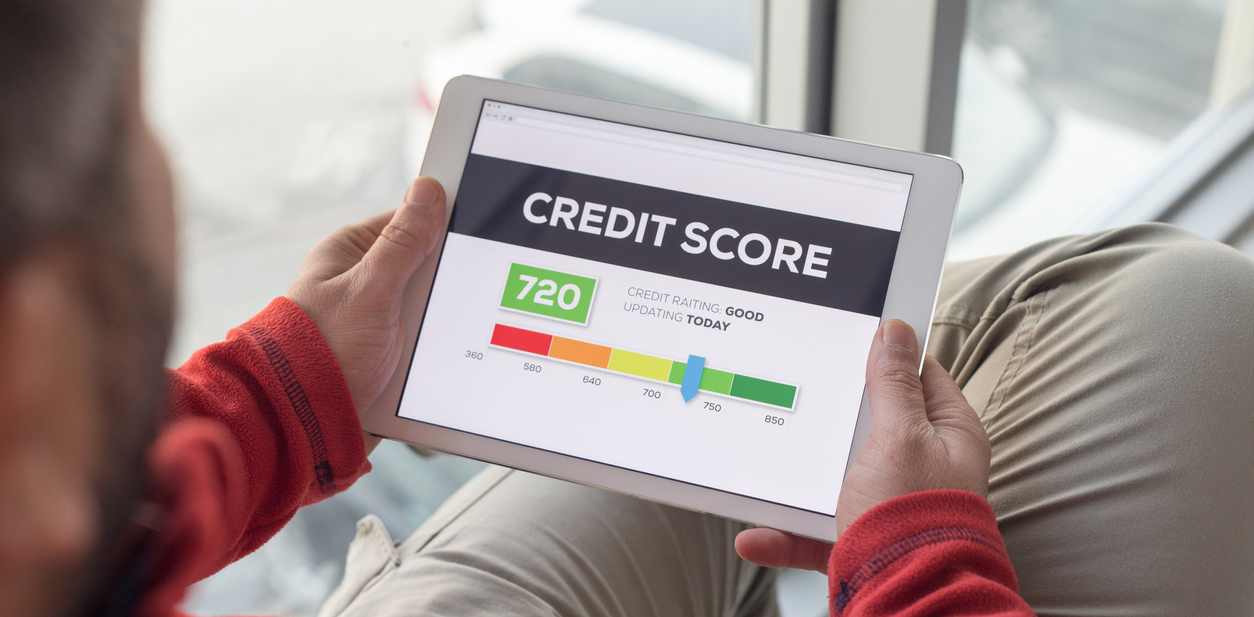Getting a mortgage after a car loan depends on your timing, monthly payment, and credit history.
If you find the perfect home, you could be inspired to buy it sooner than later. But that initial homebuyer excitement could turn into anxiety when you start thinking about your car loan balance and your monthly payment. Can you get approved for a mortgage with a car loan? Let’s discuss.
3 Ways a Car Loan Might Affect Your Mortgage
Having a car loan could have the following impact on your mortgage application:
1. Car loans in good standing could show you are creditworthy
Debt isn’t always a bad thing. “Mortgage lenders look at auto debt as good debt for the purposes of qualifying for a mortgage,” says Joel Benavides, Consumer Credit Manager at RateGenius.
The following components go into your credit score calculation:
- Payment history (35%)
- Amounts owed (30%)
- Length of credit history (15%)
- Credit mix (10%)
- New credit and inquiries (10%)
If you’re making car payments on time and you paid down a good portion of your loan, it could show that you’re a low credit risk. To see where your credit stands, you can pull your credit reports for free from all three credit bureaus — Experian, Equifax, and TransUnion — at AnnualCreditReport.com.
2. A recent credit inquiry could be a red flag
That said, if you applied for a car loan right before a mortgage, that could raise concerns.
FICO research has found that people who apply for credit back to back are more of a credit risk. As a result, several hard inquiries can lower your score and can potentially impact the rates you qualify for.
“It may not be possible for everyone’s situation, but if your plan is to apply for a mortgage, it is best to not add new debt for at least six months if not longer prior,” says Benavides.
If your plan is to apply for a mortgage, it is best to not add new debt for at least six months if not longer prior.
If I’ve already bought a car, how long should I wait before buying a home?
It depends. A credit check could be considered in your credit score for up to a year. People with only a few credit accounts and limited credit history could see a harder hit from inquiries, while people with a long credit history might see only a temporary score drop.
There’s also more to consider besides your most recent credit inquiries when deciding when to buy a home. Time-sensitive loan rebates, mortgage interest rates, or overall market conditions factor into the equation as well.
3. Loan payments can increase your debt-to-income ratio
Mortgage lenders calculate your debt-to-income ratio, or DTI, to determine if you can afford a home loan. The DTI percentage expresses how much of your monthly income goes to debt payments.
Here are the steps to calculate your DTI:
- Add up your total gross income
- Add up your monthly debt payments (including the projected mortgage payment and monthly payments for credit cards, personal loans, student loans, car loans, etc.)
- Divide your monthly debt payment sum by your gross monthly income
- Multiply by 100
You can also use the calculator below.
(DTI) Debt-to-Income Ratio Calculator
Your debt-to-income ratio, or DTI, is a percentage that compares your monthly debt payments to your gross monthly income.
Many auto refinance lenders have a maximum DTI of around 50%. However, if you're applying for a mortgage, lenders prefer a DTI under 36%.
Generally, mortgage lenders like to see a DTI below 36%. However, you might be able to qualify for a mortgage with a DTI of 43% or higher if you meet certain credit or cash reserve requirements.
The rules can also vary depending on the type of loan. The Veterans Benefits Administration instructs lenders to review VA loan applications more closely if the borrower has a DTI above 41%. Borrowers might be able to qualify for an FHA loan with a DTI as high as 50%.
Generally, mortgage lenders like to see a DTI below 36%. However, you might be able to qualify for a mortgage with a DTI of 43% or higher if you meet certain credit or cash reserve requirements.
How to lower your DTI
To lower your DTI, you basically have two options: Increase your income or lower your monthly debt payments.
If raising your income isn’t possible, you could devote more of your income to paying down your car loan. Although, depleting savings to pay off the balance entirely could hurt you in other ways.
It might leave you with less money for the home down payment and less in cash reserves (a.k.a. savings). Lenders might require that you still have a certain amount socked away in savings after the mortgage is processed; this serves as a cash cushion you could rely on for payments if you lose a source of income.
Buy vs. Lease: Which Is Better Before Buying a Home?
A car lease payment gets added to your DTI calculation just like a car loan payment. So, leasing instead of taking out a car loan isn’t a way to eliminate a payment from the ratio.
However, “Depending on the situation, a lease payment can be lower than a financed auto loan payment which would improve DTI,” says Benavides.
For comparison, the average auto loan payment for an F150 is $645 compared to $454 for an F150 lease, and the car loan payment for a Corolla is $416 on average compared to $298 for a lease.
When deciding between leasing or buying a car, think about whether you’re comfortable making payments and not owning the car at the end of the term. Plus, leases come with their own fees and requirements to factor into your budget.
Can You Buy a Car and Home With the Same Loan?
Not upfront. However, homebuyers who have equity in their home might be able to use home equity to buy a car. Homeowners could consider using cash from a cash-out refinance. A cash-out refinance is when you borrow more than your current loan balance and then pocket cash.
“Sometimes it makes sense to combine [debt] depending on the terms of the mortgage,” says Benavides. “If the rate, closing [costs], and terms are favorable, it may be beneficial to do so, depending on the applicant’s situation.”
Another potential option is using a home equity installment loan for a car. Keep in mind that if you default on a home equity product that you could risk losing your home. Cash-out refinances and other home equity products can come with their own costs and implications that you should weigh carefully.
What to Expect When Applying for a Mortgage
The process of getting a mortgage is known for being laborious. Home loan requirements tend to be more stringent than car loan requirements since a home is a larger purchase.
You might be able to qualify for a car loan with a DTI of up to 50% and/or subprime credit. Meanwhile, mortgage lenders like to see a DTI of 36% or below, and you might need a credit score of 620 or above to qualify. Although, credit minimums can vary by mortgage type.
Some auto dealers might even offer auto loans with no credit check. Watch out, though: Purchasing a car with poor credit could mean you get a loan with a high interest rate and fees. If your credit has improved since buying your last car, refinancing your car loan could potentially offer a better rate and lower payment.
The application process for a car loan is shorter too. You could find and buy a car within a week’s time, whereas the underwriting and closing process for a home could take weeks or months.
What to Do Next
Paying off your car loan might not be the only way to get approved for a mortgage if your DTI and credit are within the accepted range. Here are some steps you can take ahead of your home search:
Pull your credit report and scores: Review the payment history on your loan account. You might be able to get your credit scores for free at Experian or one of several free credit score sites.
Calculate your DTI: Add up all of your monthly debt payments (along with your projected/desired mortgage payment) and divide that total by your monthly income to see where your DTI might stand.
Pre-qualify for mortgages: Some lenders will pre-qualify borrowers for a mortgage with basic information about your income, debt, and credit. The pre-qualification might only require a soft inquiry that shouldn’t affect your score but ask beforehand to confirm. Based on the results, you can ask a loan officer what financial moves you can make to better your chances of getting approved at a competitive rate.
About The Author
RateGenius
A better way to refinance your auto loan. RateGenius works with 150+ lenders nationwide to help you save money on your car payments. Since 1999, we've helped customers find the most competitive interest rate to refinance their loans on cars, trucks, and SUVs. www.rategenius.com
;)












